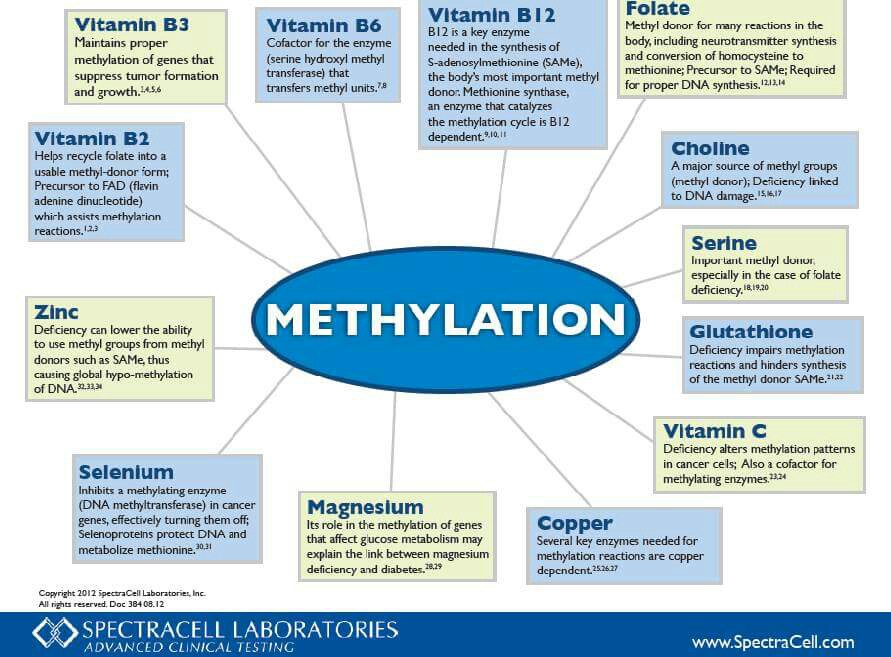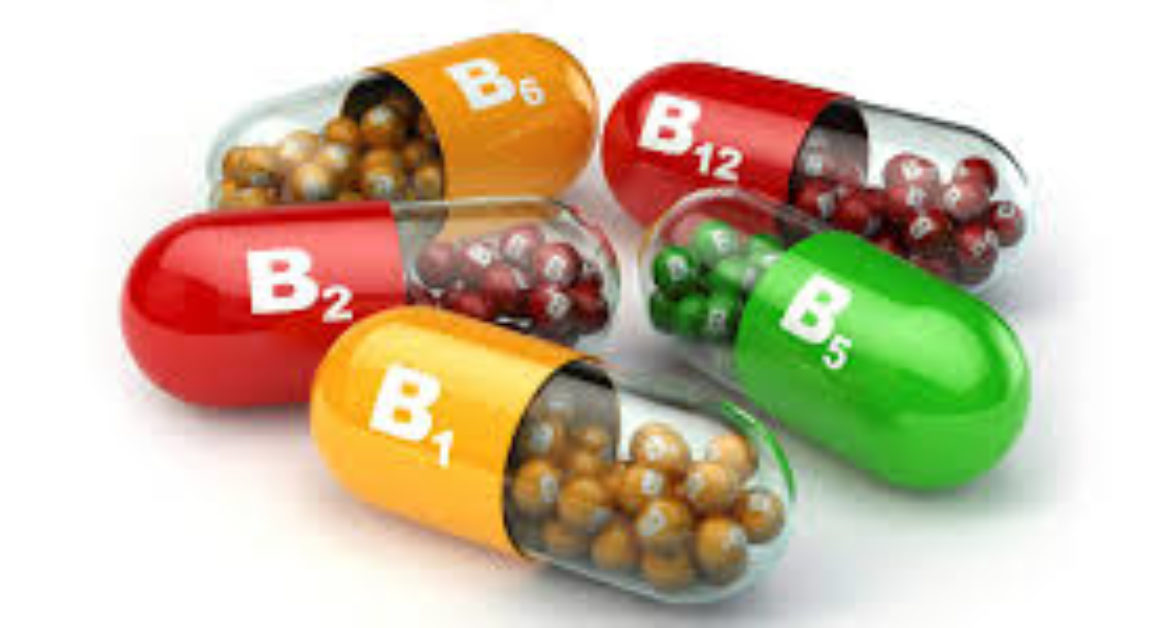Your body needs B vitamins for various health reasons, including your heart. B vitamins are exactly what your body needs to reduce your risk of heart failure, stroke, heart disease. Research results are mixed on whether or not this is true but the explanation is simple: the vitamin sources matter and those vitamins need to undergo a process called methylation.

In an earlier post, we addressed the controversy over the efficacy of taking vitamin C to combat colds and flu. We explained that your body knows the difference between eating an orange and taking a synthetic vitamin, the latter being a poor imitation of whole foods and often causing more harm than good. Results were mixed because studies used synthetics instead of whole food supplements.
Same goes for B vitamins. Your body can tell the difference between folate (whole food) and folic acid (synthetic). It’s like trying to feed your body with the apple core, instead of the whole apple. Yes, the core is part of the whole but it’s not the same as the whole apple. There are critical missing pieces. Another of those missing pieces can often be methylation.
Methylation is a chemical process that involves moving atoms around to trigger actions in your body, like metabolism or producing life-sustaining chemicals like melatonin. Unmethylated B vitamins are harder for your body to utilize because it has to perform the methylation process itself before it can use said vitamins. Methylation is one of the most essential metabolic functions. Case histories and scientific articles have demonstrated this process is responsive to environmental conditions, such as toxic metals, organophosphates, infectious agents, and a wide variety of environmental toxins. Methylation also degrades with age and is associated with a large variety of age-related disorders.
Now, methylation occurs billions of times every second in your body, in every cell. You’d die if it didn’t. Insufficient methylation and you develop diseases related to problem areas. So, all those wonderful B vitamins scientists have studied will do your heart no good if your body is unable to utilize their methylated form.
- Vitamin B1 is used for proper heart and nerve function, along with cardiovascular health.
- Vitamin B2 keeps energy levels up and blood cell health.
- Vitamin B3 regulates cholesterol levels and reduces cardiovascular disease risk.
- Vitamin B5 helps with cardiovascular health, wound healing, reducing bad cholesterol, and manufacturing red blood cells.
- Vitamin B6 helps with energy levels, movement, blood flow, and creating antibodies.
- Vitamin B7 helps with cardiovascular health and muscle and tissue repair and building.
- Vitamin B9 (Folate) helps protect your heart by helping reduce your risk of heart disease. It keeps homocysteine levels in check, which means no unwanted blood clots.
- Vitamin B12 plays a role in heart and cardiovascular health, energy levels, and your nervous system.
Keep your heart healthy by getting whole food forms of these vitamins and make sure they’re methylated.


